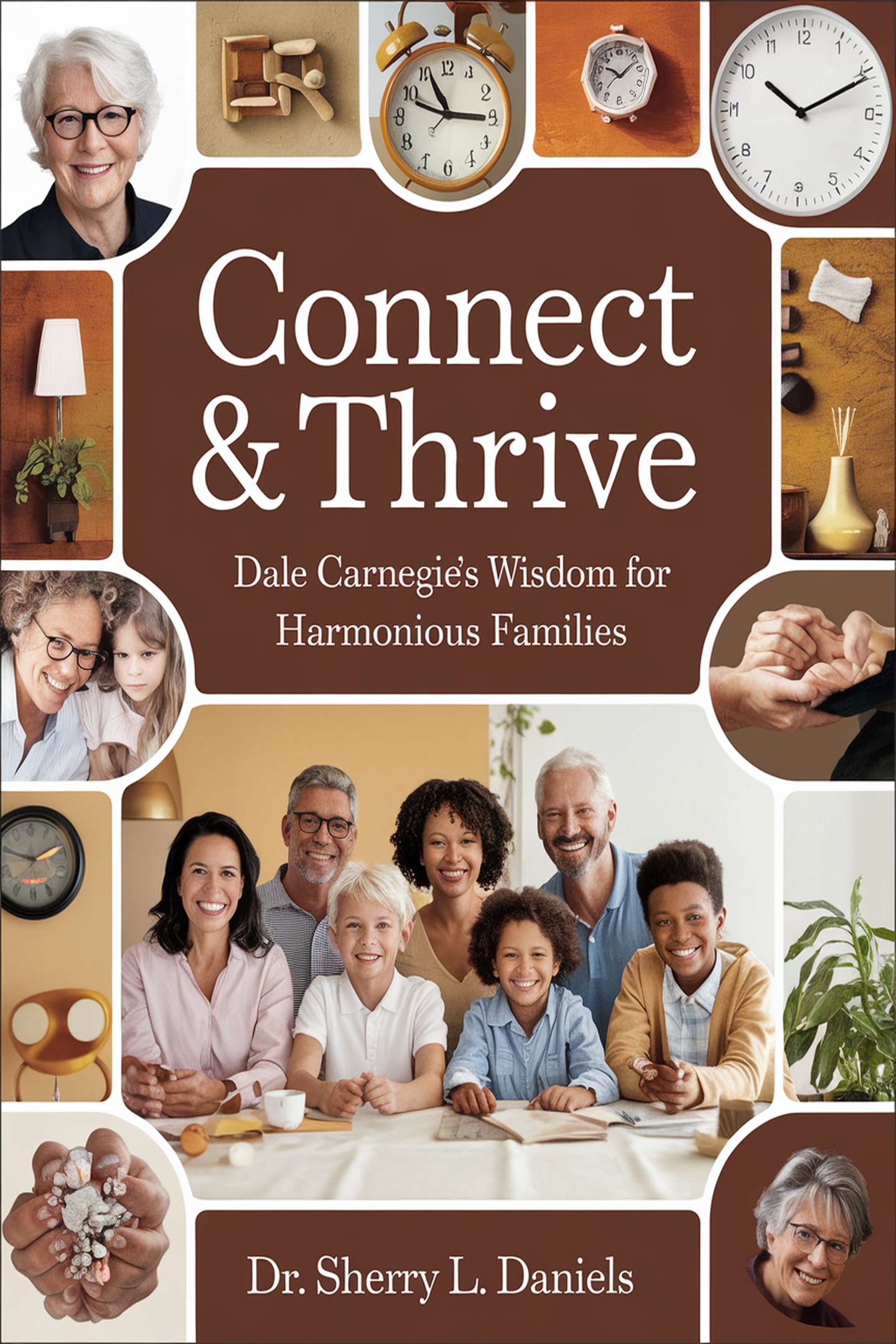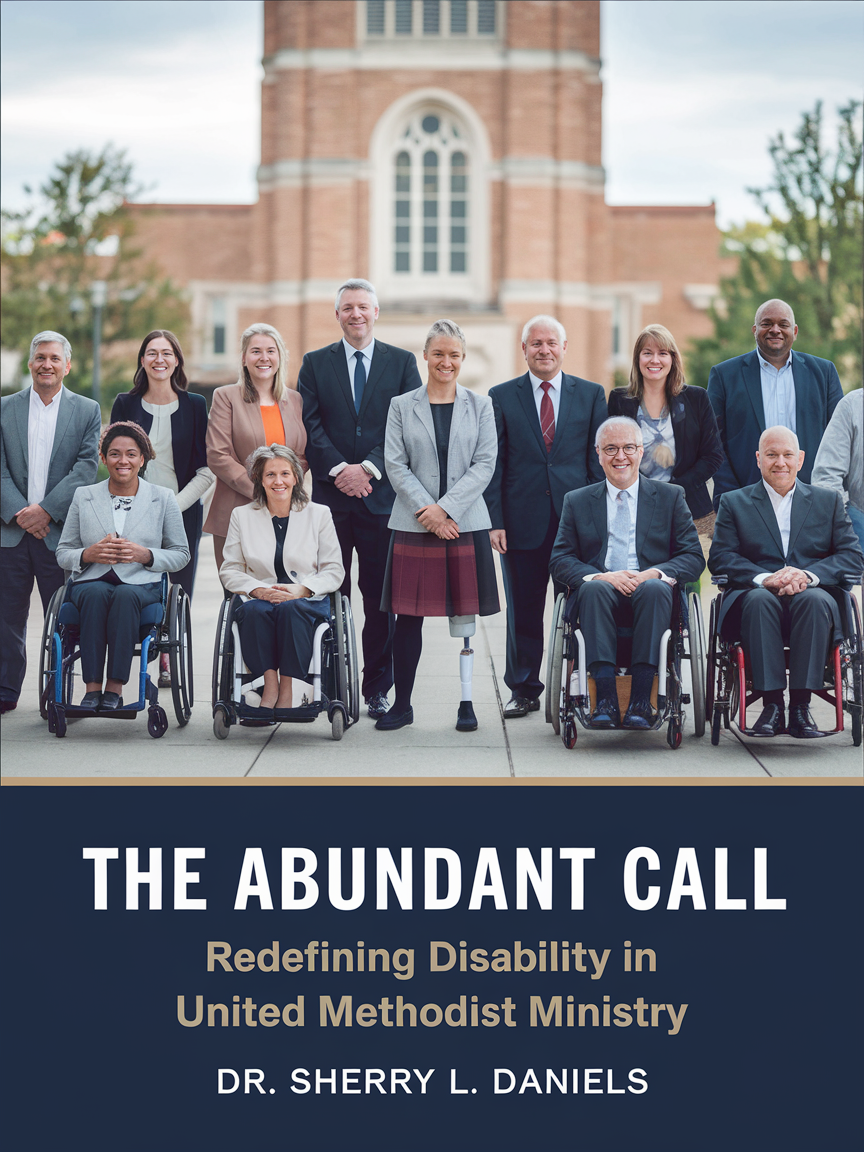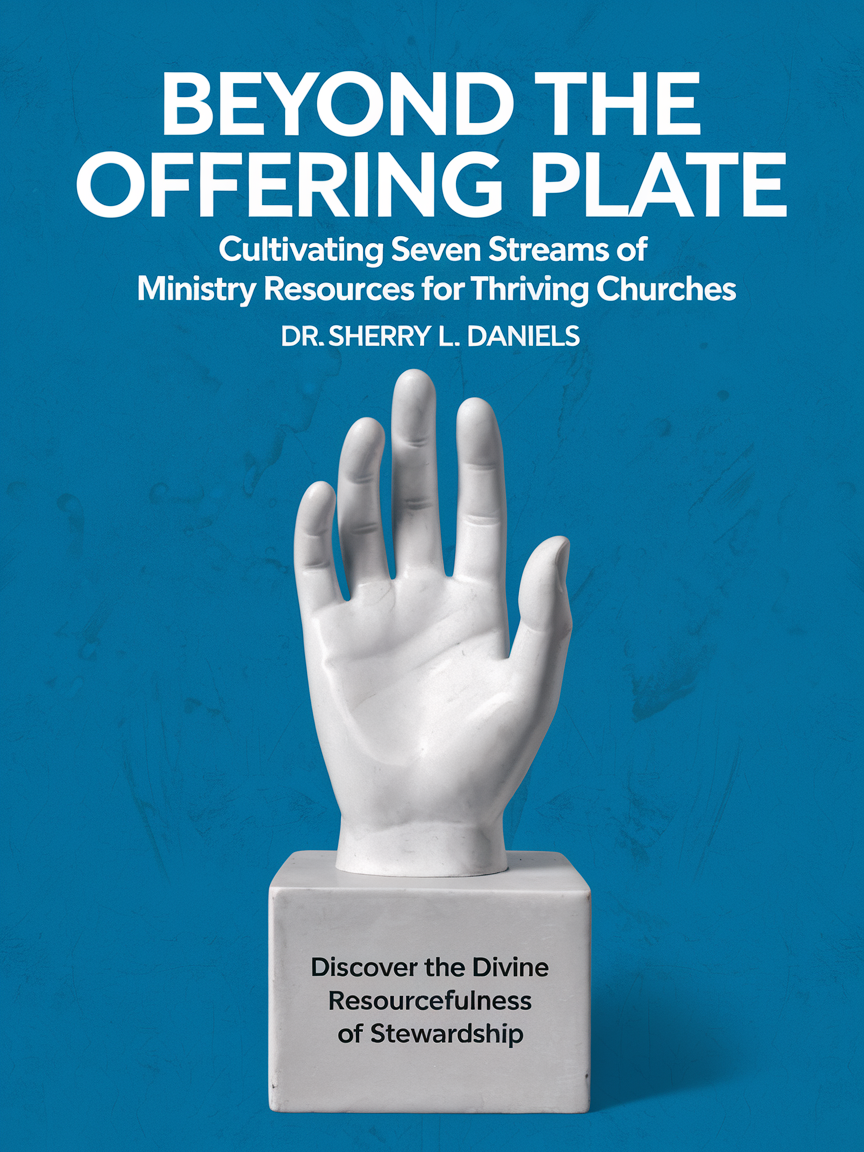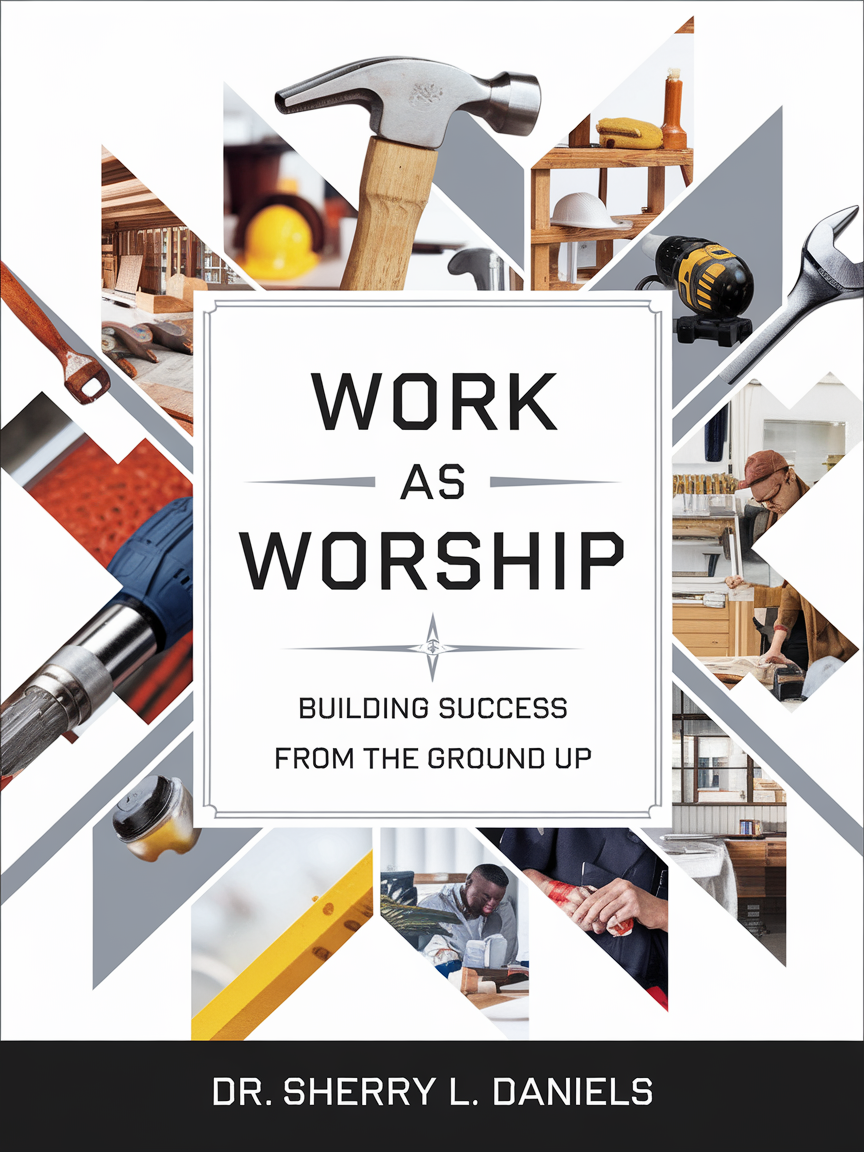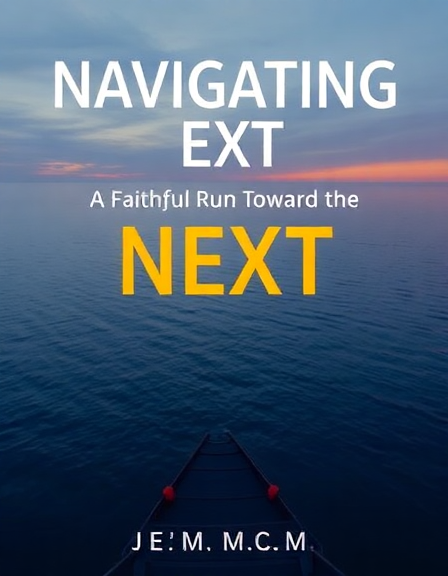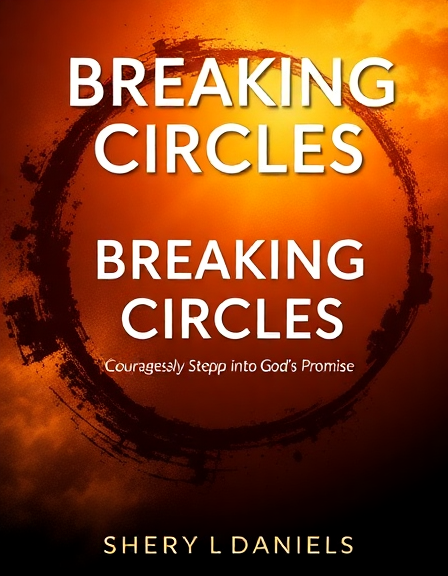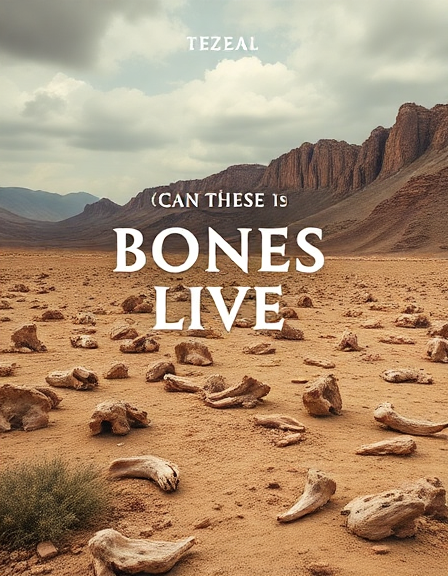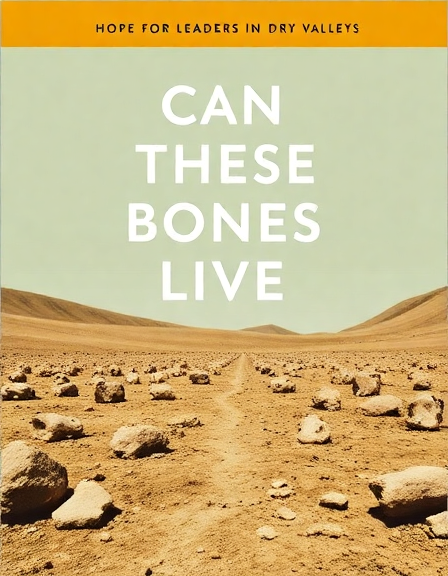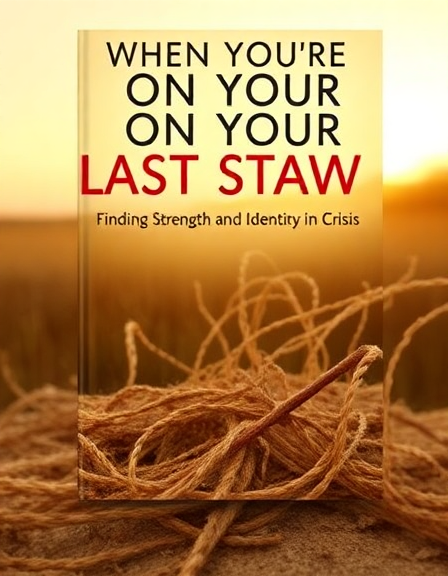This book offers a much-needed theological reframing of disability within the United Methodist Church.
Dr. Daniels effectively argues for a relational model over a purely medical one, highlighting practical applications for ministry.
The exploration of biblical metaphors, like the body of Christ, provides a solid foundation for the argument.
I appreciated the specific implications discussed for pastoral candidacy and appointment-making.
While the core message is powerful, some sections could have been more concise to maintain reader engagement.
The guide’s strength lies in its actionable insights for church leaders seeking greater inclusivity.
It challenges assumptions and encourages a more faithful understanding of God’s call on all individuals.
Overall, it’s a valuable resource for anyone in United Methodist leadership aiming to strengthen the Body of Christ.
This book is thought-provoking and encourages a deeper examination of our church's practices.
I found the discussion on prevenient grace and its connection to diverse abilities particularly insightful.
The author provides a clear roadmap for moving beyond deficit thinking in ministry.
It's a guide that prompts important conversations and cultivates a more welcoming church culture.
Dr. Daniels' "The Abundant Call" offers a deeply needed theological reframing of disability within United Methodist ministry, presenting a compelling case for inclusivity.
The central argument, shifting from a medical to a relational model of disability, is systematically developed and powerfully articulated throughout the text.
Daniels' writing is clear and accessible, making complex theological and social concepts understandable for a broad audience of church leaders.
The exploration of Wesleyan theology and biblical metaphors like the body of Christ effectively grounds the call for redefining ability and recognizing diverse gifts.
I found the practical implications for pastoral candidacy and appointment-making particularly insightful, offering actionable steps for implementation.
The book successfully challenges readers to re-evaluate ingrained ableist assumptions and embrace a more faithful understanding of God's call.
It is an essential resource for any United Methodist seeking to build a truly inclusive and discerning church.
This guide is highly recommended for its profound insights and its potential to transform ministry practices.
"The Abundant Call" is a profoundly important guide for United Methodist leaders, offering a truly transformative perspective on disability.
Dr. Daniels masterfully dismantles deficit-based views, calling us to embrace a theological and relational understanding of calling.
The writing is clear and passionate, making complex theological arguments accessible and deeply moving.
I was particularly struck by the exploration of the Body of Christ metaphor and its implications for inclusion.
This book fundamentally shifted my thinking about human worth and God's diverse gifts within ministry.
It provides practical insights for candidacy and appointments, urging faithful stewardship of all called individuals.
Every United Methodist pastor and lay leader needs to read this guide to foster a more inclusive and grace-filled church.
It challenges us to see disability not as a barrier, but as a source of unique strength and empathy.
The author’s ability to weave together scripture, Wesleyan theology, and real-world application is exceptional.
This work is an essential resource for anyone committed to building up the Body of Christ.
This book offered some interesting ideas for churches looking to diversify their funding beyond just the offering plate.
The author's breakdown of seven distinct resource streams was quite comprehensive, covering areas like grants, social enterprises, and legacy planning.
While the concept is strong, I sometimes found the explanation of each stream to be a bit brief, leaving me wanting more practical examples.
The writing was clear and direct, making it easy to understand the core message of resourcefulness in ministry.
I appreciated the biblical connection to the number seven, which added a nice theological layer to the practical advice.
It definitely made me think about stewardship in a broader sense, beyond just financial giving.
However, some of the suggestions felt a bit ambitious for smaller congregations without dedicated staff.
Overall, it's a solid guide that presents a valuable perspective on church sustainability.
I would recommend it to church leaders who are ready to explore new avenues for ministry funding.
It's a good starting point for discussions about financial resilience.
It provided a good overview of potential avenues for churches to explore for financial health.
The concept of divine resourcefulness was well-articulated throughout the book.
This guide offers a timely and much-needed perspective on church financial sustainability beyond traditional giving.
Dr. Daniels presents a well-reasoned argument for diversifying ministry resources, drawing thoughtfully on biblical symbolism.
The breakdown of seven potential streams, from grants to social enterprises, provides a practical framework for exploration.
However, the depth of actionable advice for implementing each stream sometimes felt a bit generalized.
While the concept is strong, the practical, step-by-step implementation for smaller churches could have been more robust.
The writing style is clear and professional, though it occasionally leans towards academic rather than conversational.
The foundational premise of divine resourcefulness is inspiring and clearly articulated throughout the book.
Readers seeking a conceptual overview of expanded church funding will find this valuable.
Those looking for detailed operational roadmaps might need to supplement this with other resources.
Overall, it's a solid contribution to the discussion on church stewardship and resilience.
This book is a revelation for church leaders navigating today's financial realities.
Dr. Daniels provides a deeply practical roadmap for diversifying church income.
Her exploration of seven distinct resource streams is both biblical and forward-thinking.
I found the explanations for each stream, like social enterprises and legacy planning, incredibly insightful.
The way she connects stewardship to divine resourcefulness is truly inspiring.
This guide offers actionable steps to build a more resilient and vibrant ministry.
It’s a must-read for anyone wanting their church to thrive beyond traditional giving.
I feel equipped and energized to approach church finances with renewed creativity and faith.
The book successfully addresses the need for churches to be agile and mission-focused.
It encourages a holistic view of God's provision for the church's vital work.
This book had some really interesting ideas about faith and business.
I appreciated the inspiration drawn from biblical figures like Lydia.
The Green Top Spiritual Enterprise model was a concrete example of the author's vision.
However, the writing felt a bit repetitive at times, making it drag a little.
I wished for more practical step-by-step guidance in some areas of business development.
The emphasis on skilled trades was a good point, but I didn't always connect with the urgency.
The message about work as worship was powerful when it landed.
It offers a unique perspective for its intended audience.
I think readers looking for a faith-based entrepreneurial approach will find value here.
It's a decent guide but could have been more engaging throughout.
Work as Worship: Building Success from the Ground Up is a genuinely inspiring and thought-provoking guide, particularly for its intended audience.
Dr. Daniels offers a compelling framework for integrating faith and entrepreneurship, using the example of Lydia effectively.
The integration of the Green Top Spiritual Enterprise model provides a practical blueprint that feels grounded and achievable.
The author’s prose is thoughtful and accessible, making complex ideas understandable and actionable.
I particularly appreciated the emphasis on skilled trades as a pathway to economic empowerment and purpose.
The call to view work as worship is a powerful reframe that can shift one's perspective significantly.
While the narrative is strong, I felt the pacing could have been slightly more dynamic in certain sections.
The book’s core message of building generational wealth and community resilience through faith-driven work is exceptionally resonant.
I would recommend this book to any man of color seeking purpose and a practical, faith-centered approach to business and life.
The quote from Mac A. Williams II perfectly encapsulates the book’s spirit of diligent effort leading to destiny.
This is a guide that encourages introspection and proactive engagement with one's calling.
Overall, a highly valuable resource that delivers on its promise of spiritual and professional transformation.
"Work as Worship" offers a thought-provoking blend of faith and entrepreneurship, though its execution feels somewhat uneven.
The concept of viewing work as worship is compelling, but the practical blueprint could have been more detailed in certain areas.
The integration of biblical principles and the example of Lydia is a strong foundation for the book's message.
Dr. Daniels’ writing style is accessible, making complex ideas about faith and business digestible for the target audience.
I appreciated the emphasis on community and generational wealth building as key outcomes.
The Green Top Spiritual Enterprise model presents an inspiring vision for transformative community development.
While the call to action is clear, some readers might desire more concrete, step-by-step guidance on implementing certain strategies.
The book's focus on African American men and men of color is a significant strength, addressing a specific need.
The quote from Mac A. Williams II eloquently captures the book's essence about persistent effort shaping destiny.
Overall, it's a valuable read for those seeking to align their professional lives with their spiritual convictions, despite some areas for refinement.
